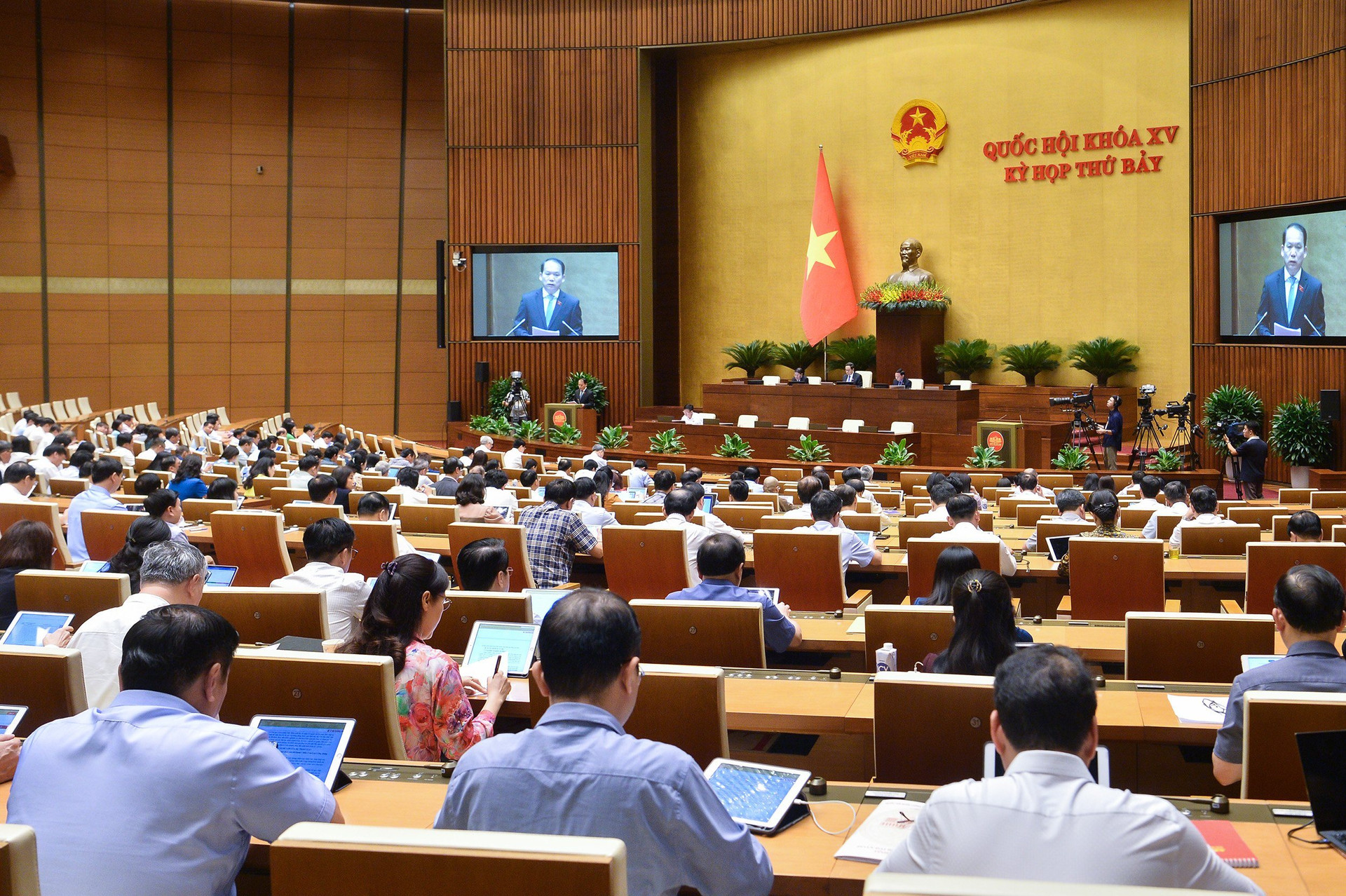
The 2014 Notary Law reveals some limitations.
Presenting the Report on the draft Law on Notarization (amended), Deputy Prime Minister and Minister of Justice Le Thanh Long said that, implementing the Law on Notarization in 2014, notarization activities have made many new strides such as the number of notaries and notary practice organizations have increased significantly; the quality of the notary team has been increasingly improved; the scale and activities of notary practice organizations have become more and more professional, better meeting the needs of society and people. Notarization activities have ensured legal safety for contracts and transactions, making an important contribution to state management of the process of transferring home ownership and land use rights, avoiding loss of tax revenue, and minimizing the number and scale of disputes arising from the implementation of related transactions.
In addition to the achieved results, the implementation of the 2014 Notary Law has also revealed a number of limitations and shortcomings such as: Lack of regulations clearly showing that our country's notary model is content notarization; the determination of the scope of notarization is not really appropriate; The quality of the notary team is uneven, a part of the notary team is still limited in professional qualifications, low professionalism, and there are still violations of the law and professional ethics; The development of TCHNCC in some localities is still confusing, there is no consensus on policies and development orientations;...
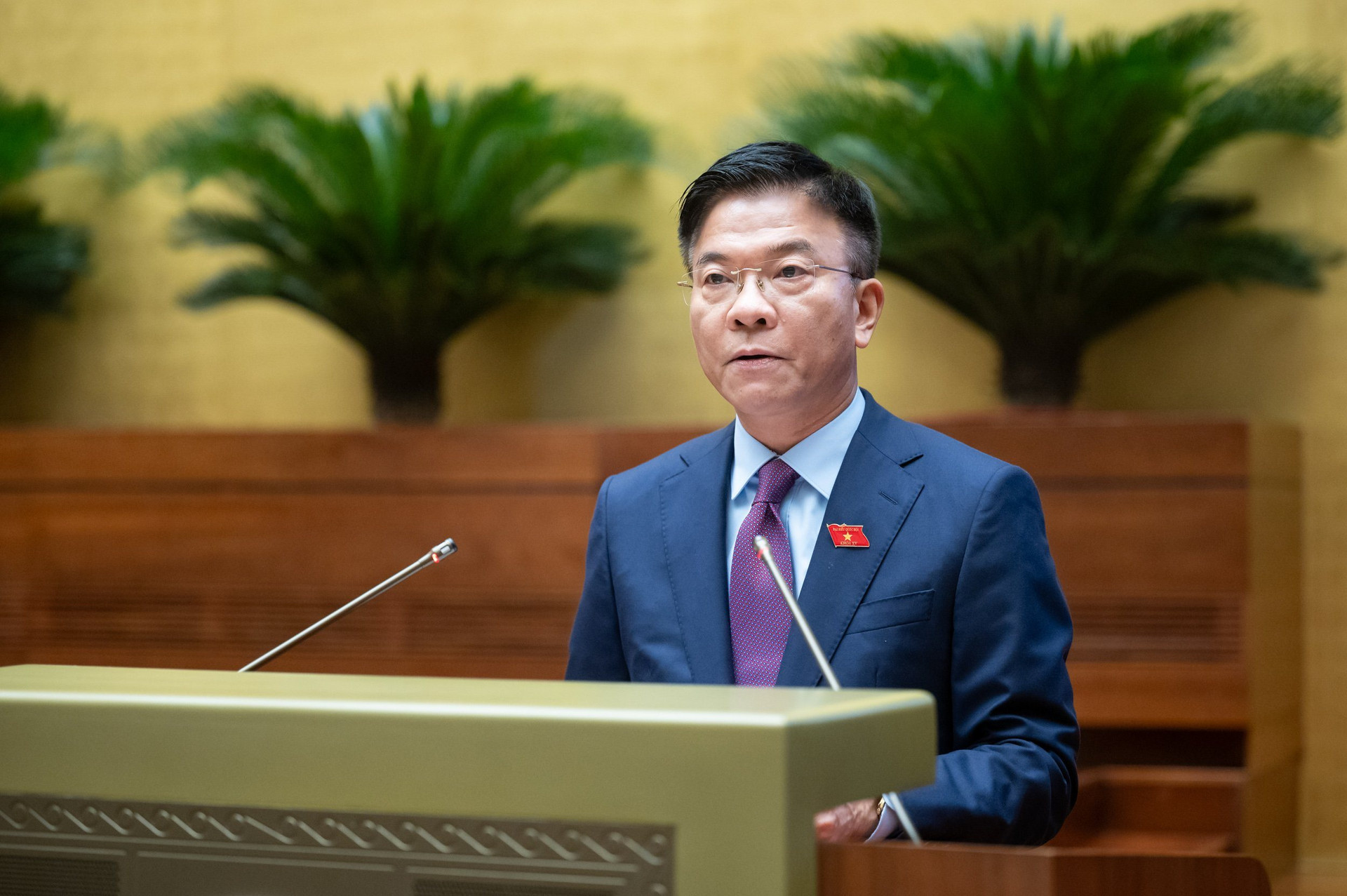
In addition, on August 14, 2023, the National Assembly 's Committee on Law issued Conclusion No. 2034/KL-UBPL15 on the Explanation Session on "Implementation of a number of legal provisions on notary activities", in which it proposed and recommended to improve the law on notary. In order to overcome the above limitations and shortcomings, and at the same time create conditions for the continued development of notary activities in the direction of socialization, stability, sustainability, in accordance with international practices, it is necessary to develop the Notary Law (amended) to replace the 2014 Notary Law.
On the basis of inheriting the relevant provisions of the 2014 Notary Law, the draft Notary Law (amended) consists of 10 chapters and 78 articles, built on the basis of maintaining 9 articles, amending 61 articles, reducing 12 articles and adding 9 new articles out of a total of 81 articles of the 2014 Notary Law.
Deputy Prime Minister, Minister of Justice Le Thanh Long
Deputy Prime Minister and Minister of Justice Le Thanh Long also briefly presented the new points of the draft Law on Notarization (amended) regulating the following contents: Notaries; Notary practice organizations; Notary practice; Transaction notarization procedures; Notary database, storage of notarization records; Notarization fees, service prices upon request related to notarization and other costs; State management of notarization; Handling of violations, settlement of complaints and dispute resolution.
Approve the comprehensive amendment of the Law on Notarization
Presenting the Report on the review of the Notary Law (amended), Chairman of the National Assembly's Law Committee Hoang Thanh Tung said that the Law Committee approved the comprehensive amendment of the Notary Law and found that the documents in the Dossier were fully guaranteed according to the provisions of the Law on Promulgation of Legal Documents. In addition, he requested the drafting agency to continue reviewing to legalize as much as possible the contents currently stipulated in sub-law documents that are clear, have been tested in practice and have proven effective in practice; fully assess the impact of administrative procedures in the draft Law to reduce and simplify unnecessary administrative procedures that increase compliance costs, thereby contributing to improving the investment and business environment and promoting socio-economic development.
Regarding the organizational model of the Notary Office (Article 20), Chairman of the National Assembly's Law Committee Hoang Thanh Tung said that, inheriting the provisions of the current Law, Clause 1, Article 20 of the draft Law stipulates that the Notary Office is organized and operates in the form of a partnership company.
Through discussion, there are two types of opinions on this content. The first type of opinion agrees to inherit the regulations on the organizational form of the Notary Office as in the draft Law to ensure the stability of this type of organization, consistent with the nature of notary services, which are not only a conditional investment and business sector but also a judicial support activity. The CCV is a person who must meet strict standards and conditions, be appointed and dismissed by the State and have a social function of providing public services authorized by the State. Organizing the Notary Office in the form of a private enterprise as in the 2006 Notary Law has some inappropriate points because when a situation occurs where the sole CCV dies or for other reasons cannot practice notary, it does not ensure the continuous and stable operation of the notary practice organization.
The second type of opinion argues that not allowing the establishment of a Notary Office owned by a CCV in the form of a private enterprise has limited the freedom to choose the form of practice organization for CCVs; the shortcomings of the private enterprise model due to dependence on a single CCV have been resolved when the current Law and the draft Law both stipulate that Notary Offices are allowed to hire CCVs to work under labor contracts. Furthermore, to contribute to strongly promoting the policy of socializing notary activities, especially in remote areas, where the level of civil and economic transactions is still low, and the demand for notary services of the people is not high, the type of small-scale Notary Office owned by a CCV is very suitable.
Therefore, to harmonize management requirements and practical needs, it is proposed to revise the provisions of the draft Law in the direction: The type of private enterprise and partnership company is applied to Notary Offices established in remote areas, areas with difficult or especially difficult socio-economic conditions; for other areas, only the type of partnership company is applied.
"The majority of opinions in the Law Committee agree with the first type of opinion," said Chairman of the National Assembly's Law Committee Hoang Thanh Tung.
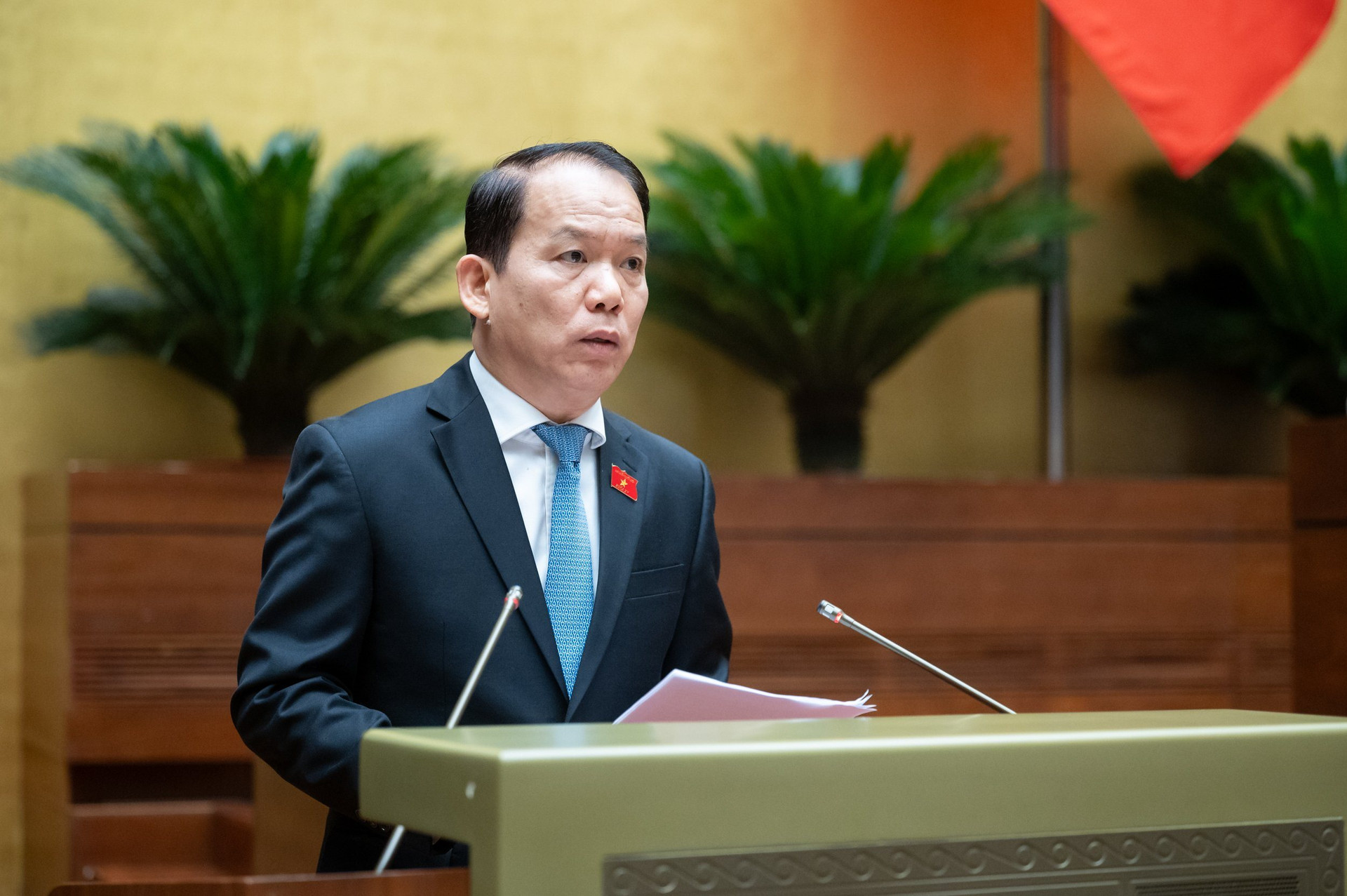
Regarding the provisions on electronic notarization (Chapter V, Section 3), Chairman of the National Assembly's Law Committee Hoang Thanh Tung said that Clause 1, Article 62 of the draft Law stipulates that electronic notarization is performed in two ways: Direct electronic notarization and Online electronic notarization. The Law Committee agrees with the addition of provisions on electronic notarization in the draft Law to meet the requirements of the Fourth Industrial Revolution in notarization activities, contributing to promoting digital transformation in civil and economic transactions; ensuring consistency with the new provisions of the Law on Electronic Transactions 2023. At the same time, it is said that electronic notarization is a change in the method of performing notarization but must not change the nature and characteristics of our country's notarization model, which is notarization of content, and notarization activities must ensure certification of the authenticity and legality of contracts and transactions.
Through discussion, there are 2 types of opinions on the scope of electronic notarization. The first type of opinion: Agree with the draft Law that does not limit the scope of electronic notarization but assigns the Government to prescribe a specific implementation roadmap in accordance with the roadmap for building a digital economy and digital society. However, to implement this policy, it is recommended that the drafting agency pay attention to the following issues: Clearly define the concept and content of electronic notarization to unify the understanding and application of the law; Propose solutions to overcome the limitations that technology cannot perform on behalf of humans as stated in the full review report to have a basis for implementation according to the roadmap...
The second type of opinion holds that: In the current conditions, when applying electronic notarization, especially in the form of online electronic notarization, there are still some core elements of content notarization that technology cannot guarantee to completely replace the role of humans, therefore, the implementation of electronic notarization needs to be carried out cautiously, with reasonable steps. In the immediate future, the draft Law needs to clearly stipulate that electronic notarization is only applied in a narrow scope with some simple transactions, not applicable to transactions on real estate, inheritance... as the experience of many countries following the content notarization model. The Government is assigned to determine the roadmap to expand the scope of electronically notarized transactions based on socio-economic conditions, and report to the National Assembly Standing Committee for consideration and decision.
Chairman of the National Assembly's Law Committee Hoang Thanh Tung said that the majority of opinions in the Law Committee agreed with the first type of opinion. In addition, there were opinions suggesting that the Government should only be assigned to pilot electronic notarization, on that basis, summarize the practice as a basis for legalizing this content.
In the Inspection Report, the Law Committee also gave opinions on the following contents: State management responsibilities for notary organizations; prohibited acts; training, internship in notary practice, appointment of notaries; organization and operation of notary organizations; authority to notarize real estate transactions; procedures for notarizing transactions...
Source: https://baotainguyenmoitruong.vn/tao-dieu-kien-phat-trien-hoat-dong-cong-chung-theo-huong-xa-hoi-hoa-on-dinh-ben-vung-375580.html


![[Photo] National Assembly Chairman Tran Thanh Man attends the VinFuture 2025 Award Ceremony](/_next/image?url=https%3A%2F%2Fvphoto.vietnam.vn%2Fthumb%2F1200x675%2Fvietnam%2Fresource%2FIMAGE%2F2025%2F12%2F05%2F1764951162416_2628509768338816493-6995-jpg.webp&w=3840&q=75)
![[Photo] 60th Anniversary of the Founding of the Vietnam Association of Photographic Artists](/_next/image?url=https%3A%2F%2Fvphoto.vietnam.vn%2Fthumb%2F1200x675%2Fvietnam%2Fresource%2FIMAGE%2F2025%2F12%2F05%2F1764935864512_a1-bnd-0841-9740-jpg.webp&w=3840&q=75)






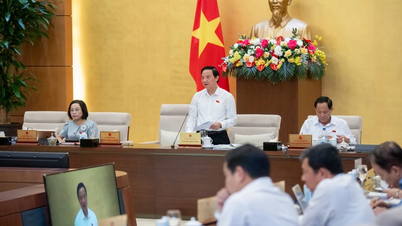
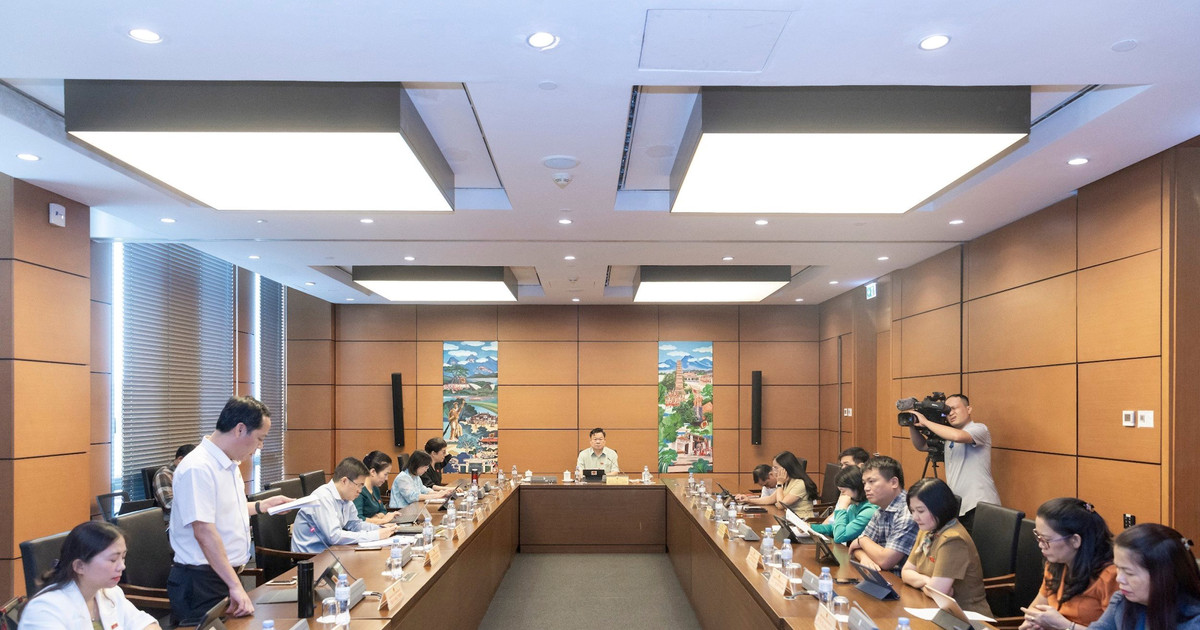

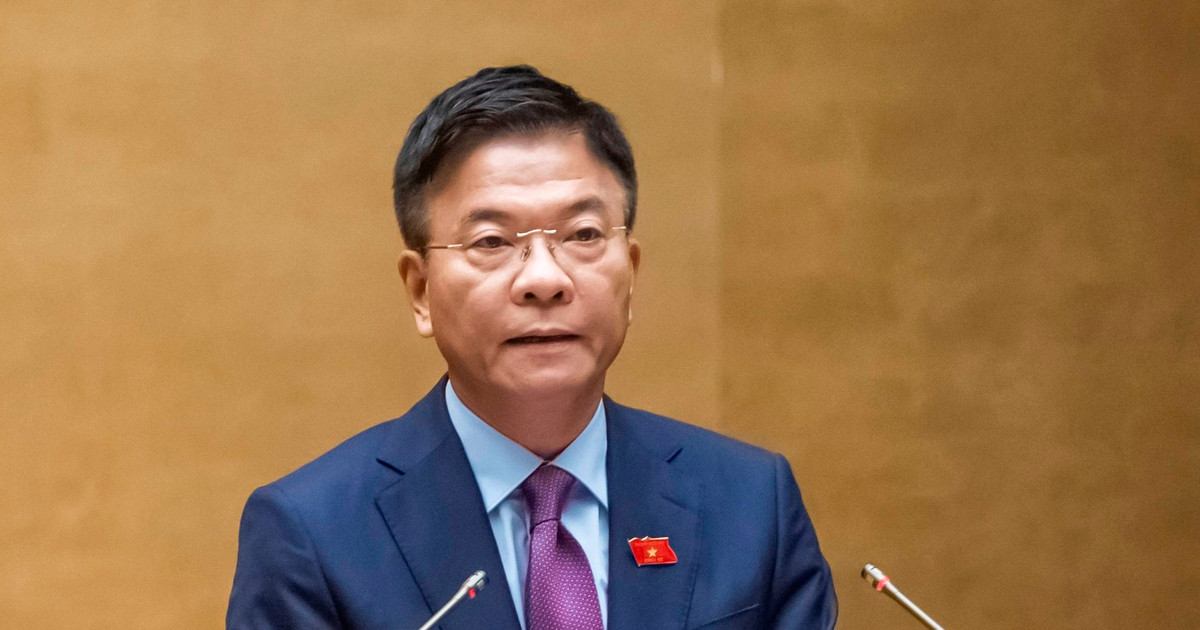


















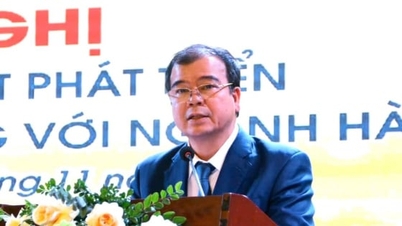
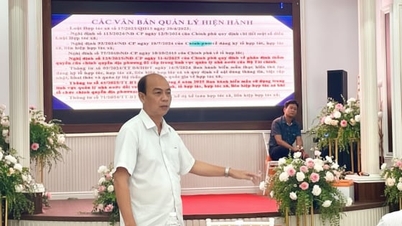







































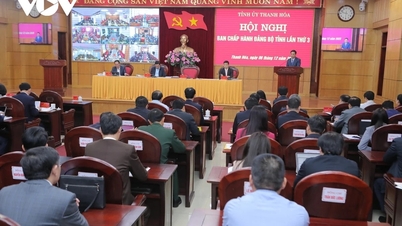






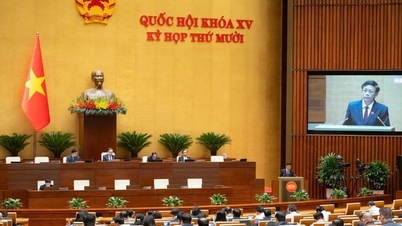

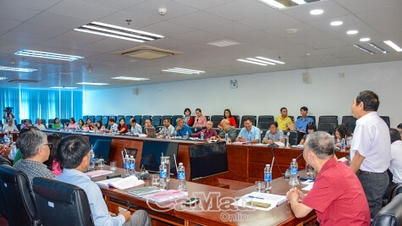





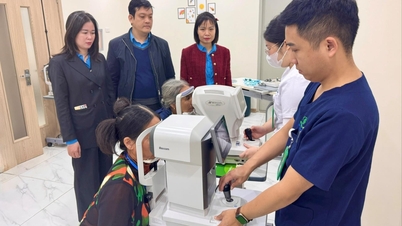

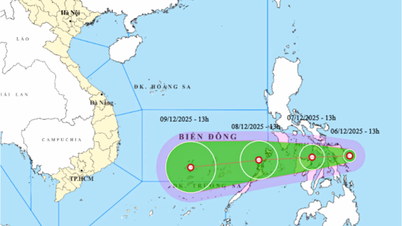



















Comment (0)